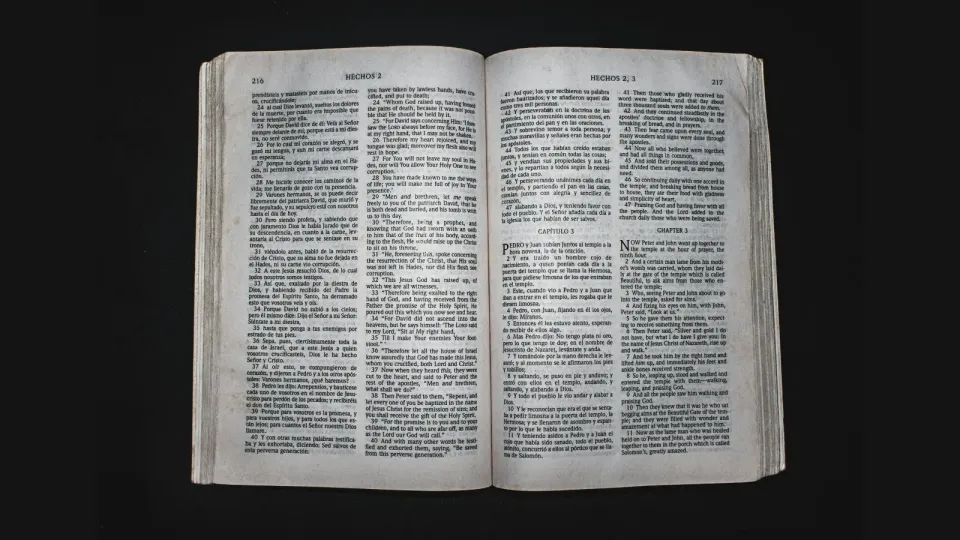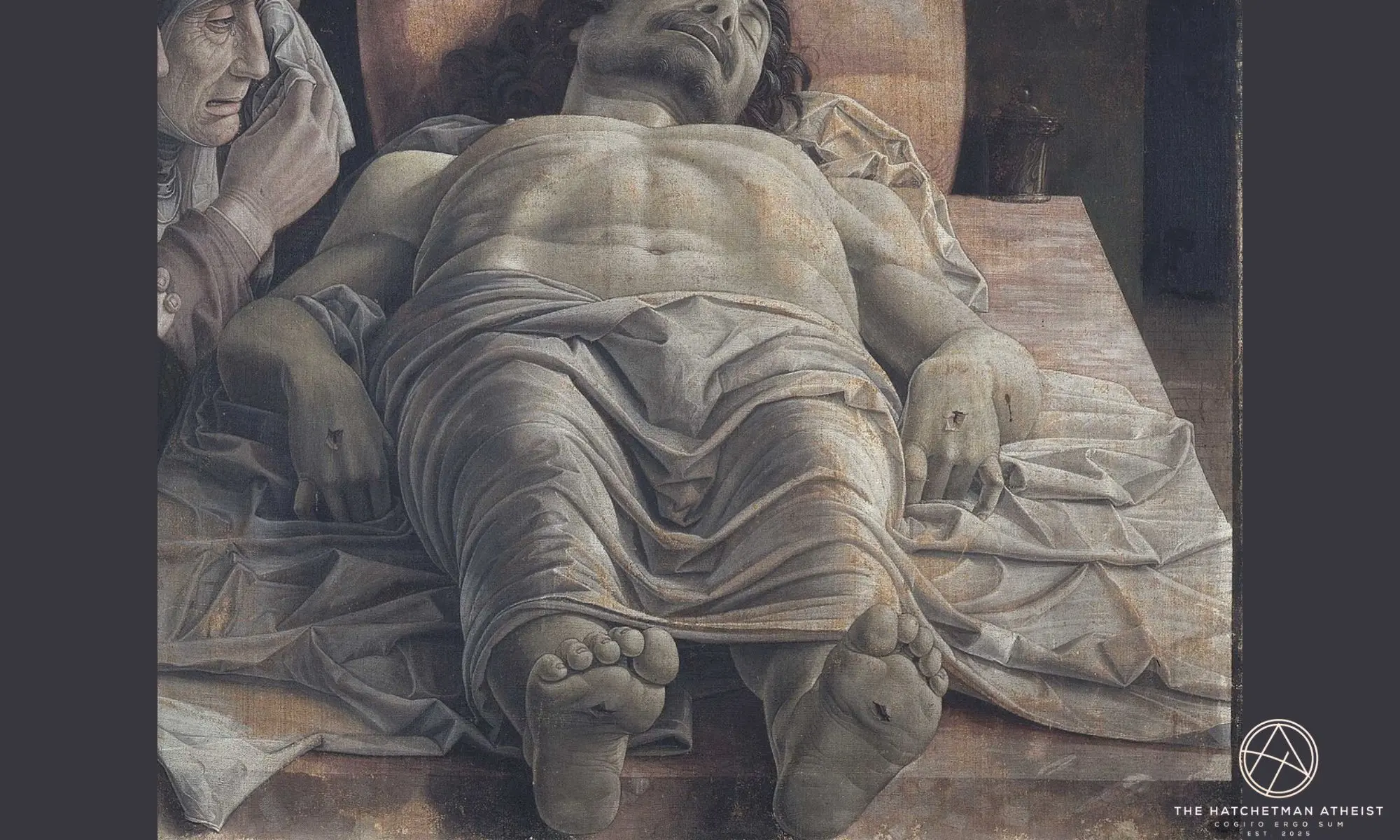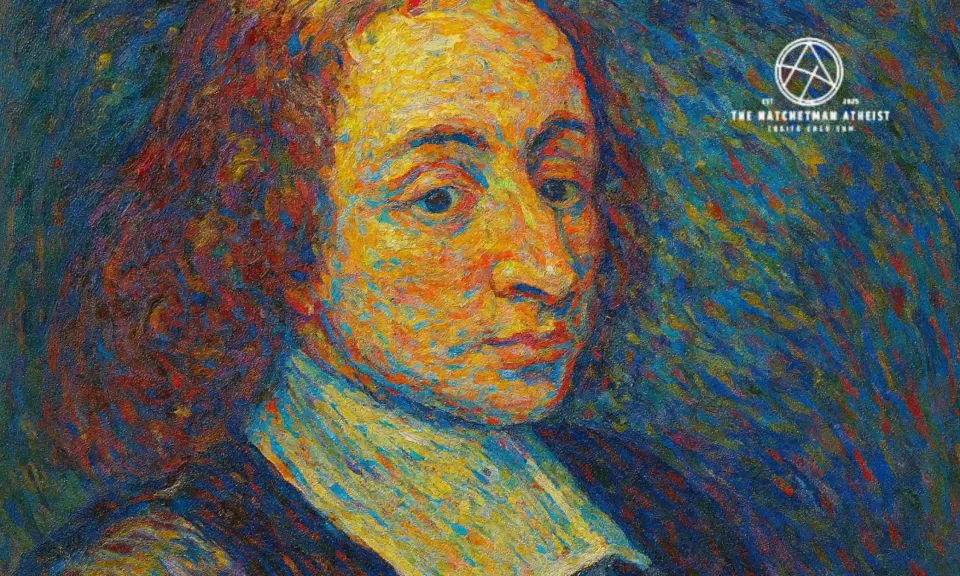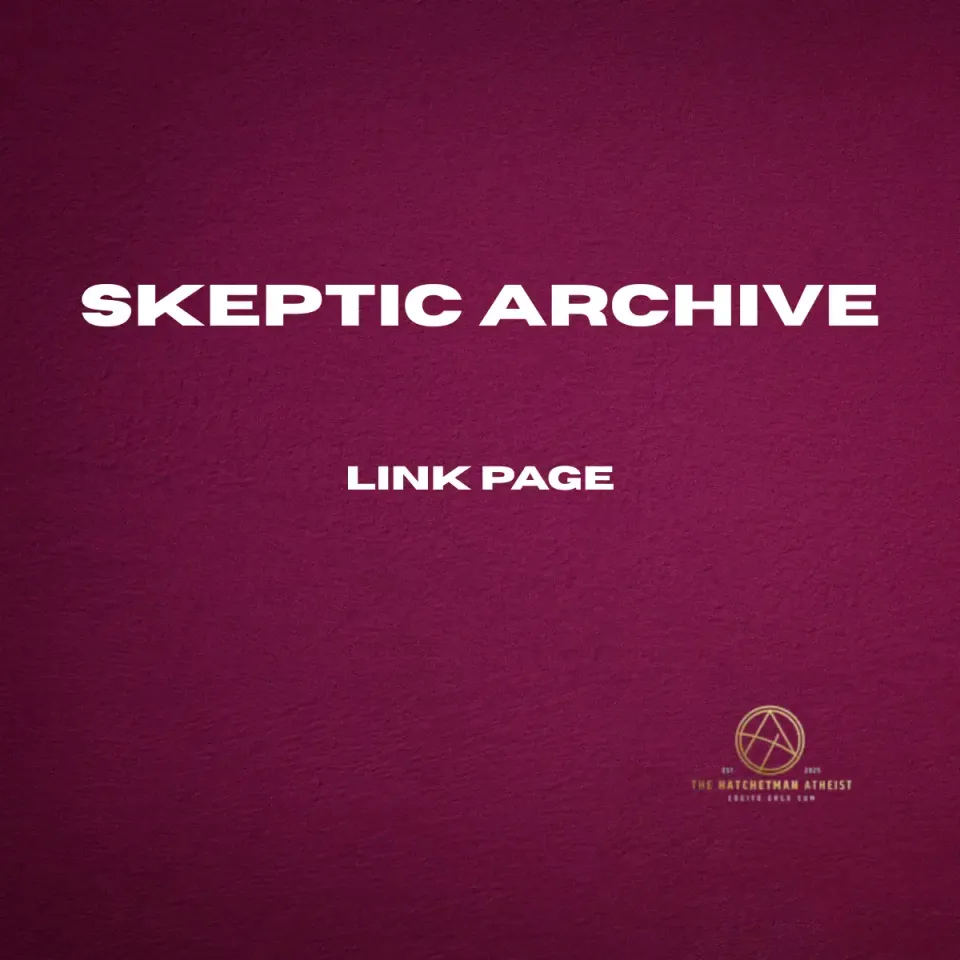Abolishing Atheism? Here’s Why It Would Threaten Your Freedom Too
Atheism isn’t an organization—it’s a lack of belief. You can’t ban people from not believing in something. And trying to force religion into law threatens everyone, believers included. Jefferson’s “wall of separation” wasn’t atheist propaganda—it was protection for faith.
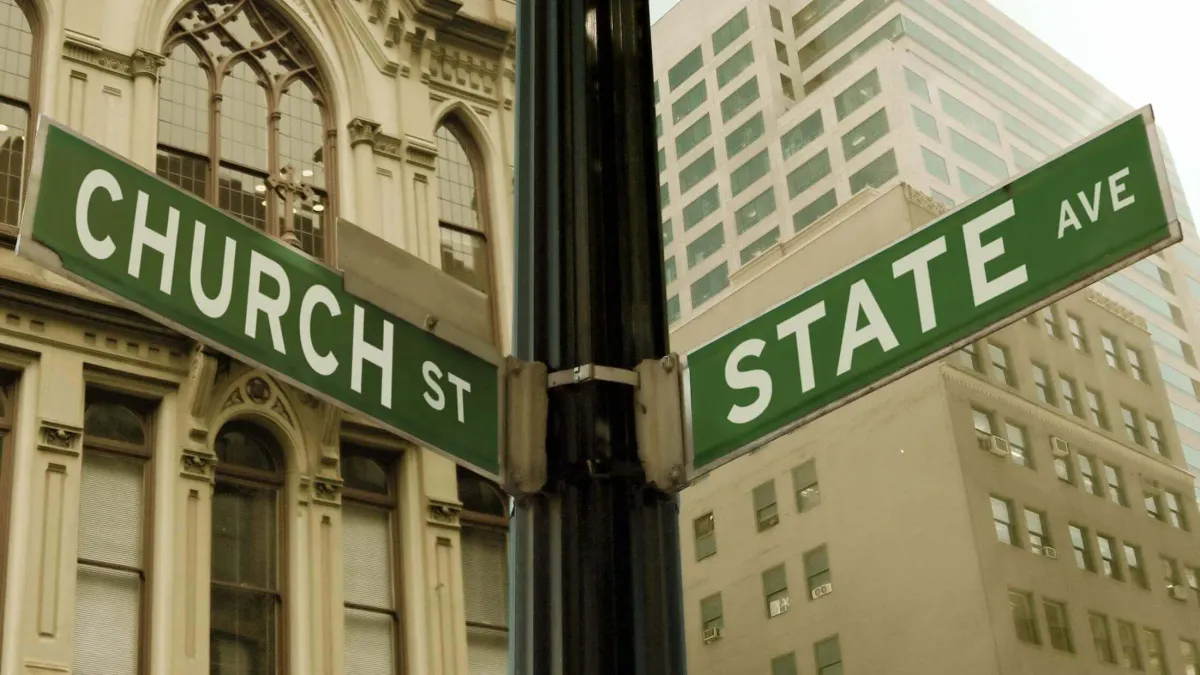
Abolishing atheism? That’s a tall order. Atheism isn’t an organization or a club—it’s just a lack of belief in a god. You can’t exactly outlaw not believing in something. That’s like trying to ban people from not liking jazz.
Now, if we’re talking about making it illegal to express atheism, that’s a different conversation. You’d have to get rid of free speech too. Good luck with that.
Here’s the part people often miss: secularism—the idea that government should stay out of religion—wasn’t cooked up by atheists. It came from believers who knew firsthand what happens when religion and government are too cozy. The phrase “separation of church and state” wasn’t actually invented by Thomas Jefferson, but he’s the one who made it famous.
Back in 1802, he wrote a letter to a group of Baptists in Danbury, Connecticut. They were worried because their state basically played favorites with the Congregationalist church—giving them public money and legal advantages. Jefferson reassured them that the Constitution had built “a wall of separation between Church and State,” so no denomination could dominate the others.
Fast forward to today, and some folks think the U.S. should become a Christian nation. But that raises a big question: Whose version of Christianity? Will the law say baptisms have to follow the Trinitarian formula? That’s going to upset Oneness Pentecostals. What about prayers to the saints—are those banned too? That’s a huge part of Catholic practice. And which Bible translation will be official? The KJV? NIV? NRSV? Whichever one you pick, someone’s going to have a problem with it.
And what happens when people break these hypothetical religious laws? Fines? Prison? What about people who worship in “unapproved” ways?
That’s the real danger of trying to merge church and state. It doesn’t just threaten nonbelievers—it puts every believer at risk of government interference. One of the reasons religion has thrived in the U.S. is because it’s been a free market. Without a state religion, denominations were free to compete, spread, and grow. That wouldn’t have happened in a system that picked just one “official” faith.
So, trying to “abolish atheism,” even if it were possible, wouldn’t just harm secular people—it would blow back on religion itself. That wall Jefferson talked about? It protects everyone. Knock it down, and the damage won’t stop at the doorstep of the nonreligious. It’ll come for the faithful too.
*Icon courtesy Wikimedia Commons, CC BY 3.0."

